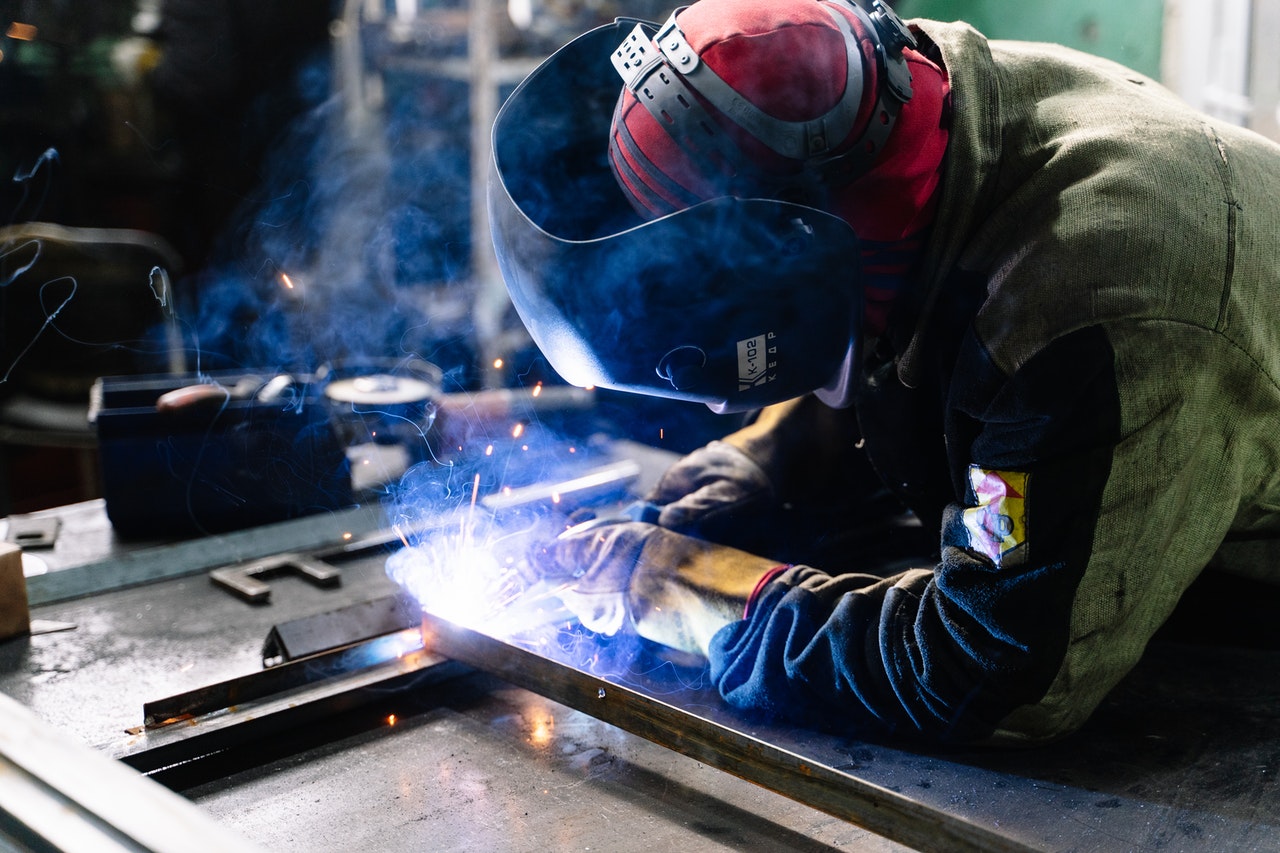 CHICAGO – The Senate Labor, Executive, and Commerce and Economic Committees held a joint hearing on diversity in labor unions Thursday, where State Senator Mattie Hunter (D-Chicago) advocated for more diversity in labor unions and new strategies for capacity building.
CHICAGO – The Senate Labor, Executive, and Commerce and Economic Committees held a joint hearing on diversity in labor unions Thursday, where State Senator Mattie Hunter (D-Chicago) advocated for more diversity in labor unions and new strategies for capacity building.
“Women and people of color deserve the same trade and employment opportunities as everybody else,” Hunter said. “Labor unions need to be more intentional with their recruitment and training strategies. Looking at these issues through an equitable lens will not only level the playing field, but increase the success of business in the long haul.”
During the joint hearing, the following issues were examined:
1. Increasing participation in trade unions, getting card carrying members into jobs, getting people out of apprenticeships programs and into jobs, identifying community based organizations that can serve as pre-apprenticeship practitioners
2. Increasing pre-apprenticeship programs that are tied directly to unions
3. Identifying barriers for potential applicants
Legislators heard from an array of panelists in the construction industry, including Deavay Tyler, board member of Black Contractors Owners and Executives. Tyler explained that while Black contractors, owners and executives support unions, unions operate in a system that can often leave them, and other minority groups, out of the picture.
Manny Rodriguez, Executive Director of the Revolution Workshop said that though it isn’t possible to undo the last 40 years of discriminative practices, it is possible to do better moving forward. Rodriguez recommended that the state support flexible and stable funding toward equitable apprenticeship programs, increased union support, and an overhaul of harmful policies.
Calvin Williams, owner of Construction Contracting Services and board member of Associated Builders & Contractors Illinois Chapter also advocated for increased support of his workforce development program.
“To maintain and grow this successful workforce development program, it is imperative that it is given the appropriate support. The number of participants and programs is completely dependent on the amount of money that is dedicated to the program,” Williams said. “In light of the economic predicament due to COVID, the state should not be throwing money at a possibility. Community Builders Program has proven success, but it needs additional funding and support so that it can continue to provide access to career opportunities as well as contribute to rebuilding the declining Illinois construction workforce in a way that is thoughtful of the historical inability for minorities to enter the construction industry in Illinois.”


